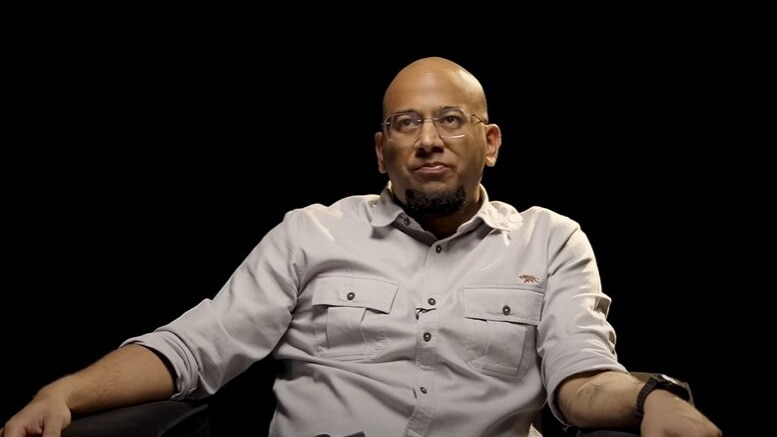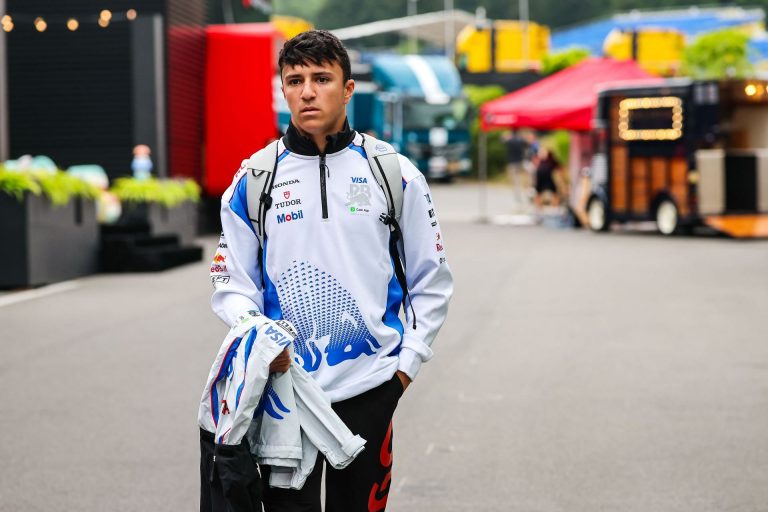Shantanu Deshpande, founder and CEO of Bombay Shaving Company, has sparked controversy on LinkedIn by predicting that Minimalist, the skincare brand recently acquired by Hindustan Unilever (HUL), “will not survive or remain relevant in its current form in the next 3–5 years.”
Minimalist, one of India’s leading direct-to-consumer skincare brands, was bought by HUL in April for ₹2,706 crore. The acquisition gave HUL a 90.5% stake in Uprising Science, the brand’s parent company. But Deshpande believes the sale may mark the beginning of the end for the once founder-led business.
“They sold for a whopping ₹3,000 crore, made ₹2,000 crore for themselves, ₹1,000 crore for others, and have left. It was the right thing to do. I would have done the same,” Deshpande wrote. But he warned that with the founders and the original deal-sponsoring CEO now gone, “a new CEO is at the helm of a struggling giant.”
Deshpande’s post questioned whether founder-driven momentum can survive inside a legacy FMCG structure. “The acquisition integration is tough, the category is competitive, and the big players are circling,” he noted.
The post drew sharp reactions. Some LinkedIn users defended Minimalist’s growth story and valuation, suggesting that HUL’s scale and capital could help the brand thrive. Others echoed Deshpande’s skepticism, pointing to past examples of startup acquisitions fizzling out under corporate ownership.
Adding to the uncertainty is HUL’s recent leadership shakeup. CEO Rohit Jawa, who took over in June 2023, abruptly stepped down earlier this month—one of the shortest CEO tenures in HUL history. Priya Nair, currently global president of Unilever’s beauty & wellbeing division, will step in from August 1 as HUL’s first female CEO.
Minimalist is part of a broader D2C acquisition push by HUL, which also includes Oziva and Wellbeing Nutrition. But Deshpande’s warning highlights the risks that come with scaling niche digital brands under a mass-market framework.







